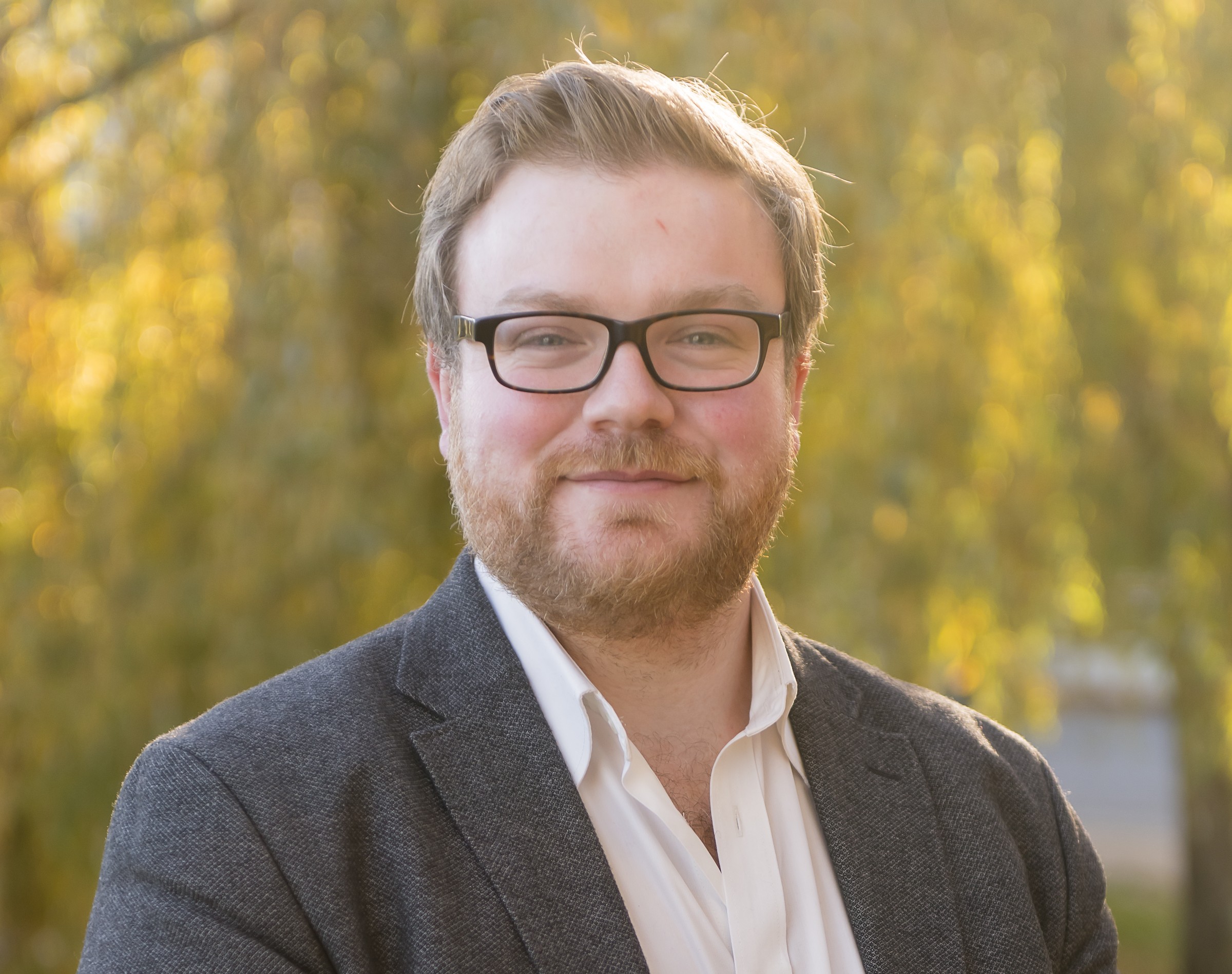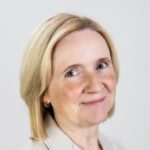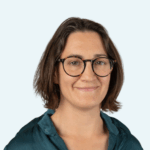A day in the life of a Public and Patient Involvement coordinator
As we mark International Clinical Trials Day (ICTD) 2025, Public and Patient Involvement (PPI) coordinator Dr Shane Comer describes his work at Children's Health Ireland (CHI), and how his late sister inspired him to help patients.
5 min read - 20 May 2025

I’m a PPI Coordinator, which means I work with patients and their guardians, and with researchers, so that patients can get involved in and shape clinical research and trials. It’s important that this happens, because when patients are involved, it makes the results and impact of the research and trials much more meaningful for patients.
Why we need clinical trials
Clinical trials are really important, because this is how we develop new medicines and treatments for childhood illnesses. A great example of this is in action is childhood leukaemia, a form of blood cancer. Clinical trials around the world in recent decades, including trials in Ireland run by Professor Owen Smith in CHI, mean that today, most children who develop this disease will recover with treatment. That is all down to clinical research and trials, and dedicated research staff, medical staff, clinicians, and of course the patients who took part.
To mark International Clinical Trials Day, the Research & Innovation team in CHI will be talking about and showcasing clinical trials to staff and to patients and their families across CHI Hospitals. And we’ll have some fun activities to help people get an understanding of what clinical trials are and how they work.
No two days are the same
There is no typical day in my job, no two days are the same. But what I spend a lot of time doing is talking to people.
I could have one-to-one meetings with researchers and clinicians about how to incorporate PPI into their projects, and I also provide training to researchers who are taking their first forays into including PPI in their research.
I work with my colleagues in the Research & Innovation team at CHI on lots of different initiatives too. At the moment we’re planning our annual in-house Research & Innovation Day, where we highlight the best of research and innovation across CHI.
I’m in frequent contact, too, with patient advocacy groups and charity representatives. For example, through In4Kids, we work closely with the Cerebral Palsy Foundation, who fund the ELEVATE project, a five-year research programme that aims to improve the prevention, detection and treatment of early brain injury.
Why I do this job
I have a very personal reason for wanting to help patients. My late sister Lisa was diagnosed with leukaemia when she was a toddler, and subsequently battled brain cancer twice. As she went through treatments and repeated hospital visits and stays, I could see the frustration in her face when she was overlooked or nobody asked her questions.
She inspired me to want to help patients be heard. Due to her inspirational example, I studied science, did a PhD and worked as a researcher in haematology for several years before moving into this role.
For me the reward in PPI is seeing young people who are living with medical conditions finding their voice, their agency, and contributing to the future of medicine. Similarly for the families, who often feel helpless, we can help them engage in a process where their opinions and experience help to shape future treatments. It’s about giving people some control back into their lives and destinies.
Patients as co-researchers
We’re very lucky in CHI to have a wonderful charity partner in the Children’s Health Foundation.
They sponsor our Seed Funding program for researchers to develop and explore ideas, and PPI is built into that process.
The researchers invariably find engaging with patients and their families for the research really valuable, and they look to incorporate PPI contributors as co-researchers in their future projects.
Some of the developments can be as straightforward as ensuring that patients and their families have clear information. We have worked with 22Q11 Ireland through an Innovation Seed Funding Award on an information packet that people can give to physicians about the rare syndrome. Another wonderful Seed Funded project was through the National Children’s Cancer Service which explored what young people with cancer would like to see as research priorities, because people who live with it and their families have expertise that needs to be heard and reflected in the research.
Young Persons’ Advisory Group
As well as working in CHI, I’m also jointly appointed between the CHI CRC and In4Kids, the National Paediatric Clinical Trials Network, based in Cork. With my In4Kids colleague, Sonia Lenehan, and my CHI colleague, Sharon Rafferty,we recently set up the new National Young Persons Advisory Group, or YPAG.
This is a group of children and young people between the ages of 12 and 18, who have some direct/indirect lived experience of or interest in the healthcare system and clinical trials. We have had almost 40 people sign up from all around Ireland, and we had our first meeting in March of this year, in the UCD Conway Institute.
We’re also planning to establish a Parents and Guardians Advisory Group in the near future, to further incorporate family perspectives. Often when a child is ill, their parent/guardian becomes their greatest champion and advocate, and hearing and incorporating their lived experience and expertise into clinical research is also vital. We are also conscious that some children and young people with certain conditions may not be able to articulate their own lived experiences. But the people who will know their lived experience best are their parents/guardians and family members. So we do our utmost to ensure that all the voices are represented and listened to. The patient and their families are the true experts.
In conversation with Dr Claire O’Connell.
5 min read - 20 May 2025



